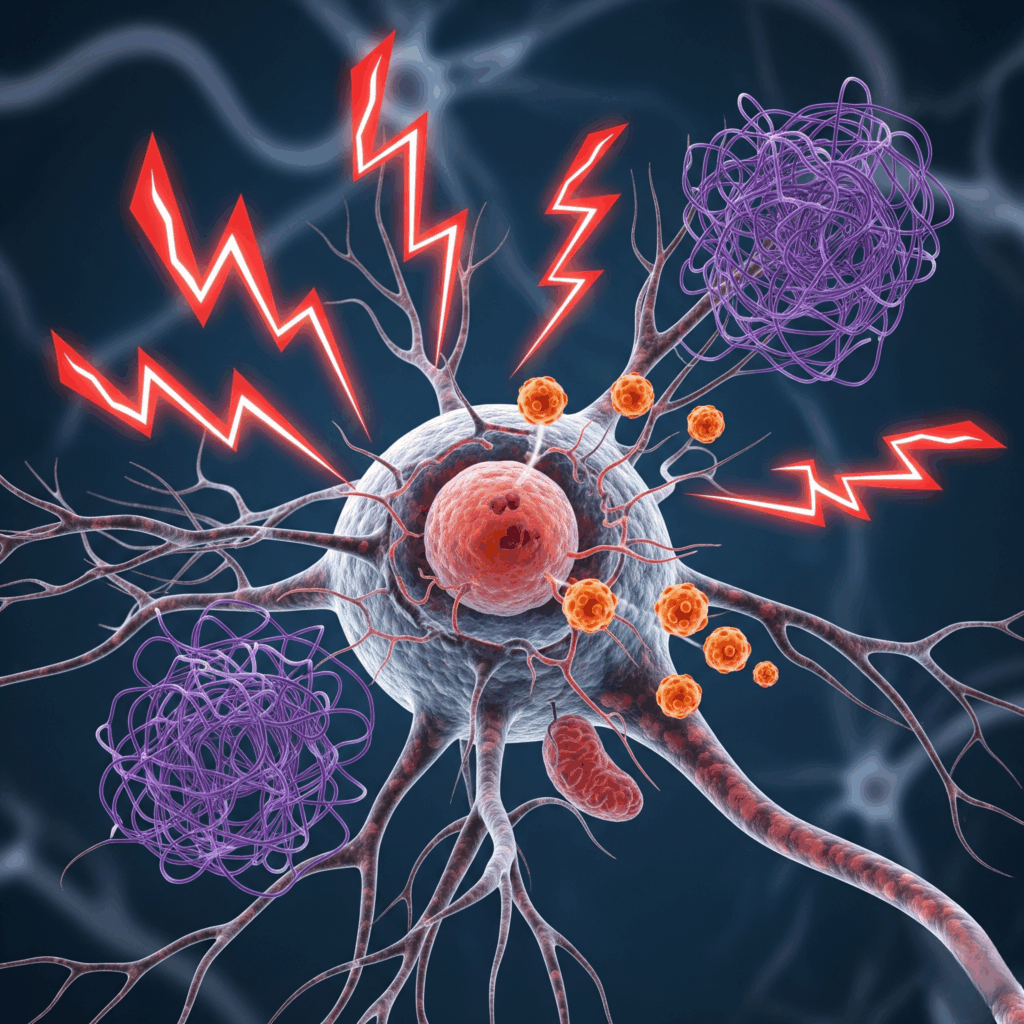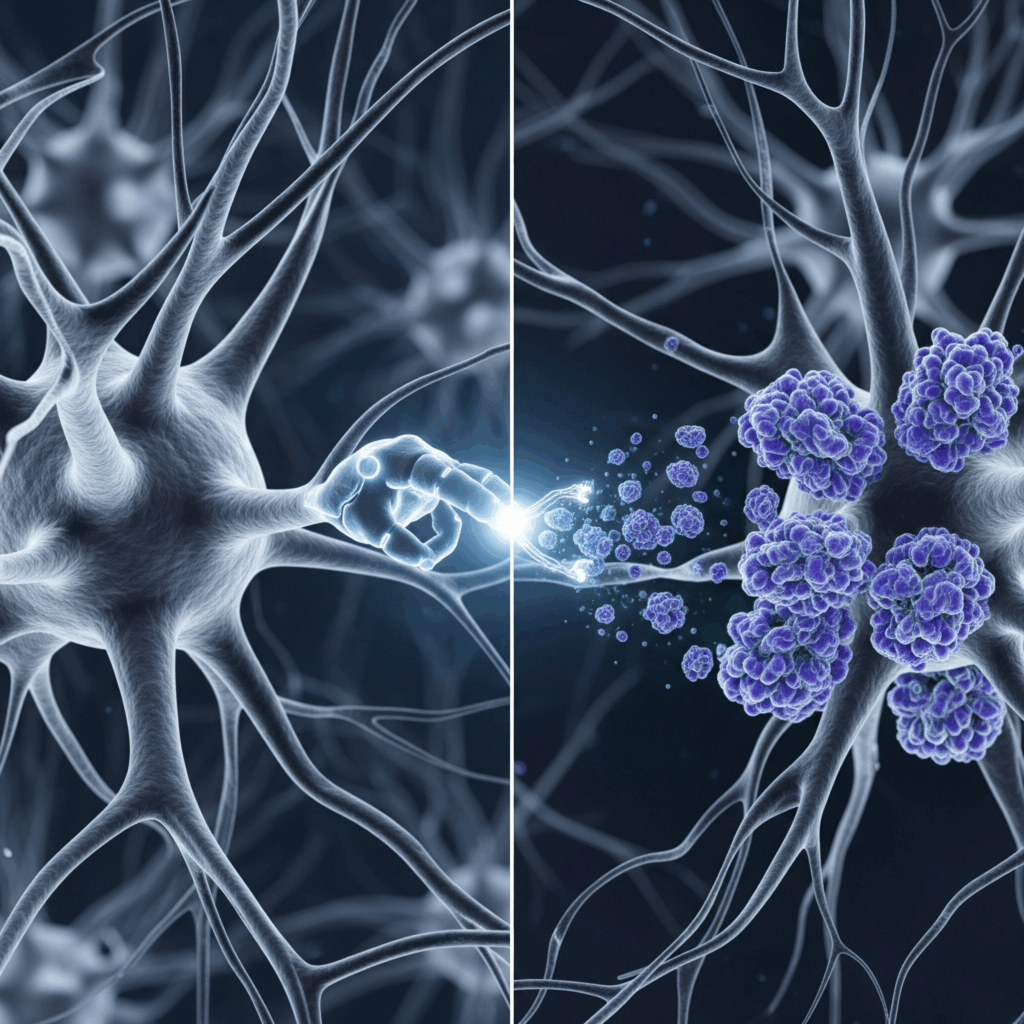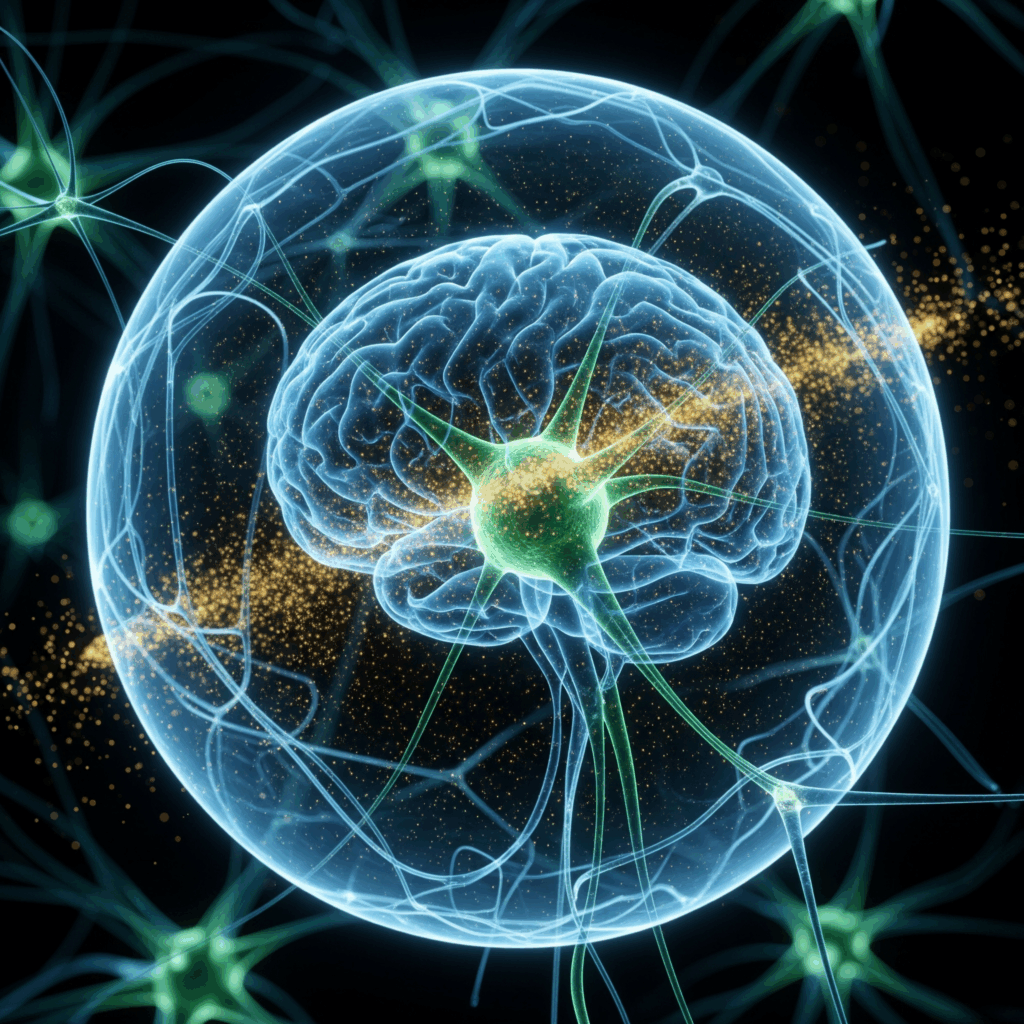Safeguarding the Brain in Parkinson’s Disease
Parkinson’s Disease (PD) is a complex neurodegenerative disorder primarily characterized by the progressive loss of dopamine-producing neurons in a specific area of the brain called the substantia nigra. While current treatments effectively manage symptoms, the holy grail of PD research lies in neuroprotection—strategies aimed at slowing, stopping, or even reversing this neuronal damage. Imagine a shield for your brain, preserving its delicate functions and delaying the relentless march of the disease. This isn’t just a dream; cutting-edge research is bringing us closer to this reality every day.
Understanding the Enemy: What Damages Neurons in PD?
Before we can protect, we must understand what we’re protecting against. The degeneration of neurons in PD is a multifaceted process involving several key culprits:
- Oxidative Stress: Think of this as rust on a metal. Free radicals, highly reactive molecules, damage cellular components, including DNA, proteins, and lipids. In PD, an imbalance between these harmful molecules and the body’s antioxidant defenses contributes significantly to neuronal demise.
- Mitochondrial Dysfunction: Mitochondria are the powerhouses of our cells. When they falter, neurons don’t get enough energy to function properly, leading to their eventual death.
- Protein Misfolding and Aggregation: A hallmark of PD is the accumulation of misfolded alpha-synuclein protein, forming clumps called Lewy bodies. These aggregates are toxic to neurons, disrupting their normal operations.
- Neuroinflammation: The brain’s immune system, when overactivated, can turn against its own neurons, contributing to their destruction. It’s like a fire that helps extinguish a threat but can also spread and cause damage if not controlled.

Promising Avenues for Neuroprotection
The scientific community is exploring a diverse range of strategies to combat these destructive processes. Here are some of the most promising approaches:
1. Targeting Oxidative Stress and Mitochondrial Dysfunction
- Antioxidants: While dietary antioxidants are beneficial, research is focusing on compounds that can specifically boost the brain’s internal antioxidant defenses. For instance, N-acetylcysteine (NAC) is being investigated for its ability to replenish glutathione, a powerful endogenous antioxidant.
- Mitochondrial Enhancers: Compounds that improve mitochondrial function, such as Coenzyme Q10 (CoQ10) and certain B vitamins, are being explored. The idea is to keep the neuronal power plants running efficiently.
2. Tackling Protein Misfolding and Aggregation
- Chaperone-Mediated Autophagy (CMA) Enhancers: CMA is a cellular “cleanup” process that removes misfolded proteins. Researchers are looking for ways to enhance this process to prevent alpha-synuclein accumulation.
- Immunotherapy: This involves using antibodies to target and clear misfolded alpha-synuclein. Think of it as sending specialized “cleanup crews” to remove the toxic aggregates. Clinical trials are underway to assess the safety and efficacy of these approaches.

3. Modulating Neuroinflammation
- Anti-inflammatory Compounds: Certain drugs and natural compounds are being investigated for their ability to dampen harmful neuroinflammation without compromising the brain’s essential immune functions. Examples include specific non-steroidal anti-inflammatory drugs (NSAIDs) and novel compounds designed to target inflammatory pathways.
- Microglial Modulation: Microglia are the brain’s immune cells. Research is focusing on strategies to “reprogram” these cells from a pro-inflammatory state to a neuroprotective one.
4. Growth Factors and Neurotrophic Support
- GDNF (Glial Cell Line-Derived Neurotrophic Factor): This potent protein promotes the survival and growth of dopamine neurons. Delivery methods, such as direct brain infusion, are being refined to get GDNF to where it’s needed most. This is akin to providing essential nutrients and growth hormones specifically for brain cells.

Lifestyle as a Powerful Ally
While pharmaceutical interventions are crucial, don’t underestimate the power of lifestyle choices in supporting brain health:
- Regular Exercise: Physical activity has been shown to have neuroprotective effects, potentially by increasing growth factors and reducing inflammation.
- Balanced Diet: A diet rich in fruits, vegetables, and healthy fats (like the Mediterranean diet) can provide essential antioxidants and anti-inflammatory compounds.
- Cognitive Stimulation: Engaging in mentally challenging activities helps maintain cognitive function and may promote neuronal plasticity.
- Stress Reduction and Sleep: Chronic stress and poor sleep can negatively impact brain health. Techniques like meditation and ensuring adequate rest are vital.
The journey to effective neuroprotection in PD is complex, but the progress being made is truly exciting. With ongoing research and clinical trials, we are moving closer to a future where we can not only manage the symptoms of Parkinson’s but also actively protect the brain from its devastating progression.

Leave a Reply